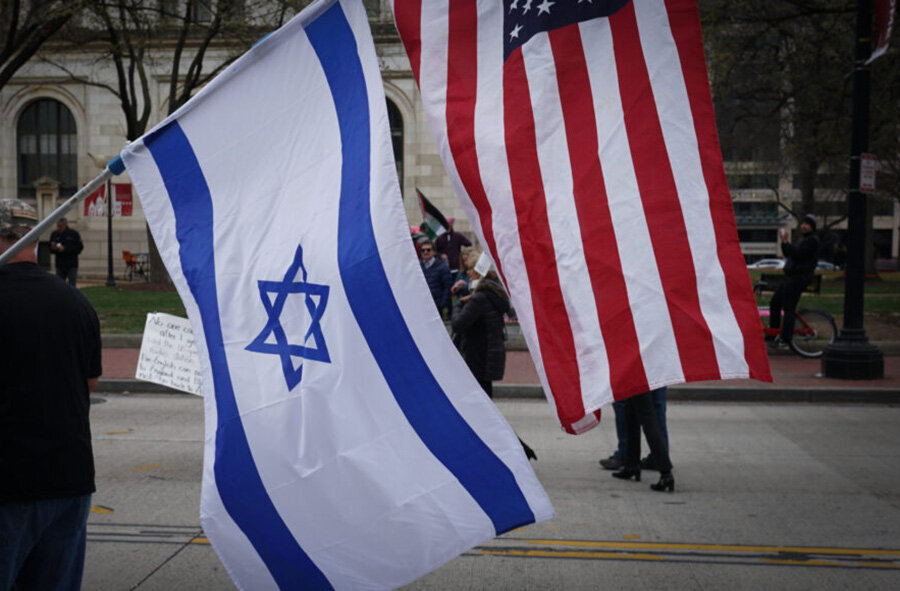U.S. Revokes Visas Over Antisemitism: New Immigration Screening Measures

Starting April 9, 2025, the U.S. Citizenship and Immigration Services (USCIS) has begun screening immigrants' social media activity and public statements for signs of antisemitism, officially announced. Expressions of antisemitic views, support for radical groups, or denial of Israel’s right to exist can now lead to visa refusals or green card denials. Initially, students are most affected, but other immigrant categories are also subject to review.
New Screening Rules
The updated USCIS guidelines target foreign nationals based on public behavior, including:
- Social media posts
- Participation in protests
- Support for terrorist organizations like Hamas, Hezbollah, or the Houthis
According to Tricia McLaughlin, Assistant Secretary of Homeland Security for Public Affairs:
“There is no place in America for sympathizers of terrorists. Anyone who thinks they can come here and advocate antisemitic violence under the First Amendment should think again. You are not welcome.”
USCIS will treat any content that endorses, promotes, or justifies terrorism or antisemitism as a negative immigration factor. This move is a direct response to the October 7, 2023, Hamas attack on southern Israel, which killed over 1,200 people and took around 250 hostages.
Over 300 Visas Already Revoked
The first wave of enforcement has primarily targeted foreign students:
- Secretary of State Marco Rubio confirmed that more than 300 student visas have already been revoked.
- Students involved in anti-Israel protests or linked to radical activities are being deported or detained.
One notable case involves Rumeisa Ozturk, a Tufts University graduate student, arrested after co-authoring a pro-Palestinian editorial. Other arrests include Mahmoud Khalil (Columbia University) and Badar Khan Suri (Georgetown University).
Rubio emphasized that those who intend to cause disruptions — such as occupying university buildings — will not be allowed to stay in the U.S.
Legal and Political Controversy
Civil rights organizations have strongly criticized the new measures:
- Bloomberg Law and other outlets warn that the definition of "antisemitism" could be interpreted too broadly, threatening free speech.
- The Foundation for Individual Rights and Expression (FIRE) claims the policy blurs the line between violent extremism and legitimate political expression.
- The ACLU warns of First Amendment violations, arguing that political criticism of Israel should not be equated with extremist behavior.
- Professor Lauren Strauss argues that using antisemitism as a political tool could eventually harm the Jewish community itself.
Broader Context
The Trump administration is taking a hardline stance amid heightened global tensions. Authorities cite national security concerns and public safety as justifications. However, critics argue that such a sweeping policy risks censorship and ideological filtering at the expense of America’s constitutional freedoms.
The debate over where to draw the line between security and liberty is once again at the heart of America's immigration discourse.








